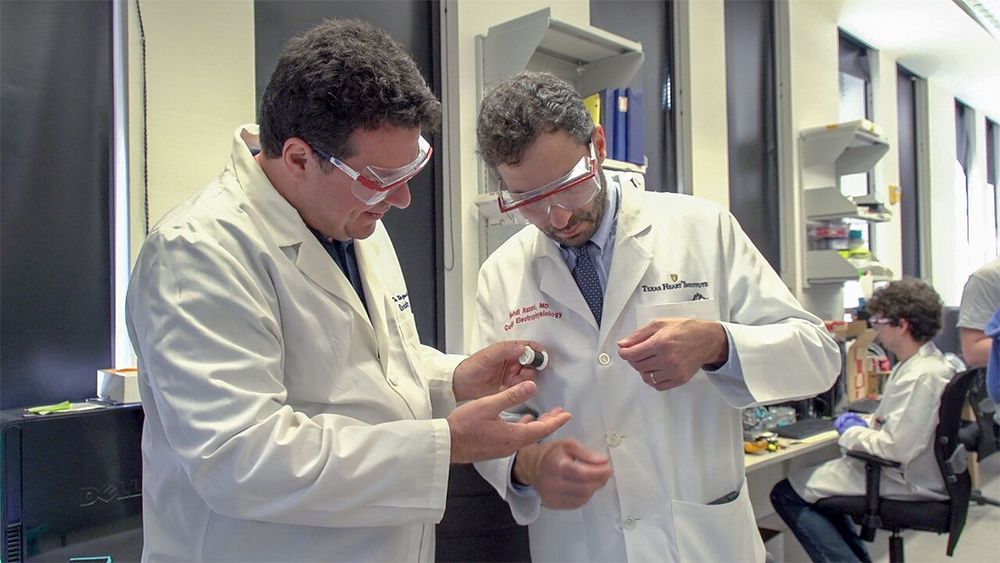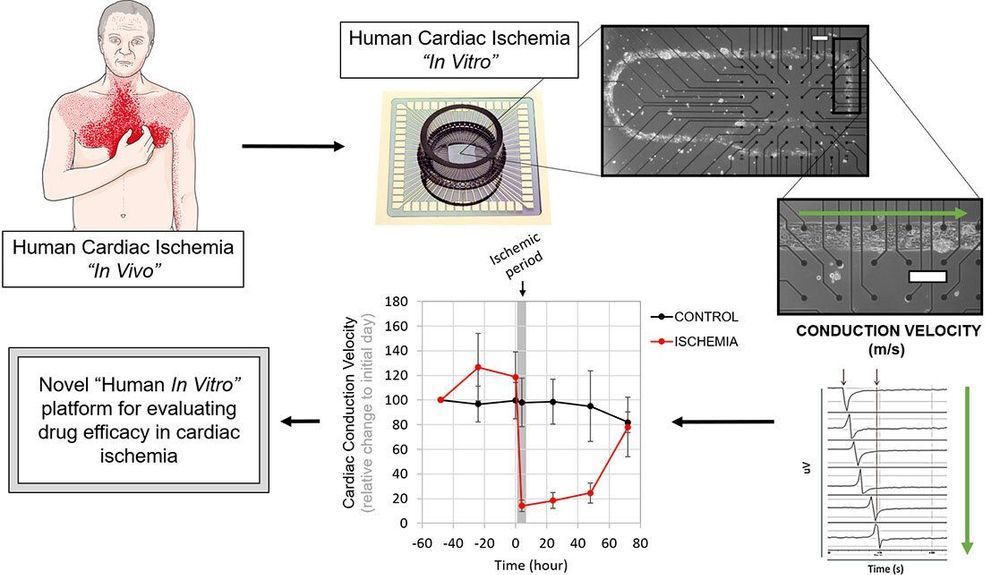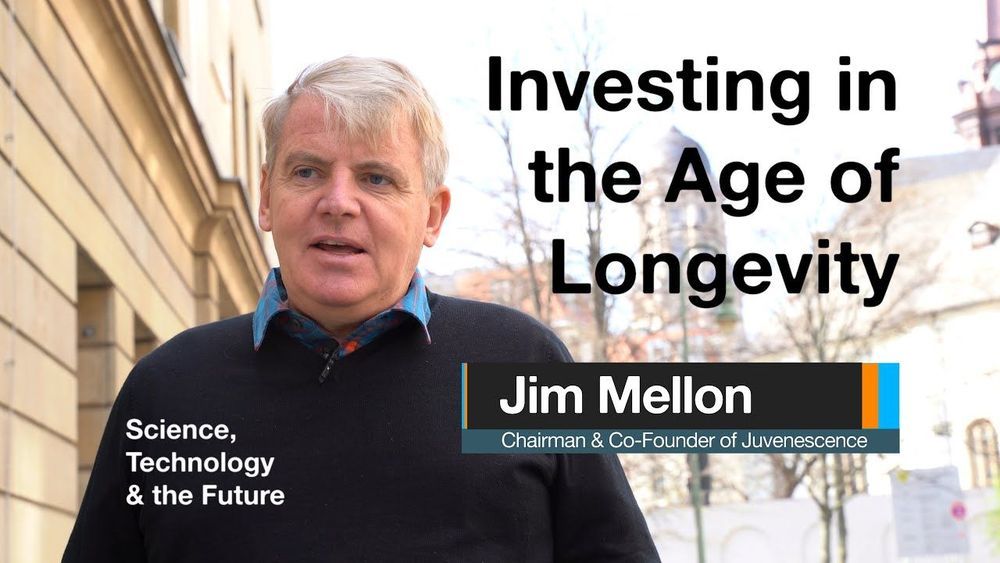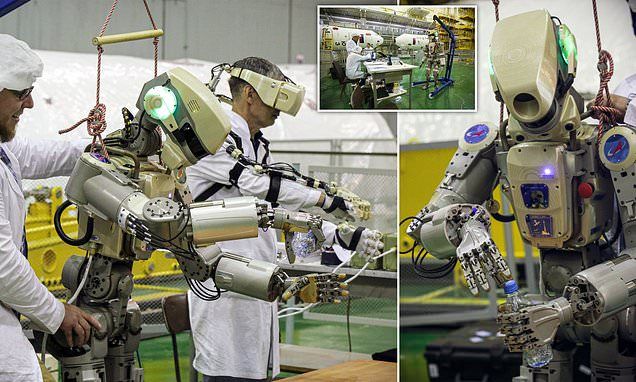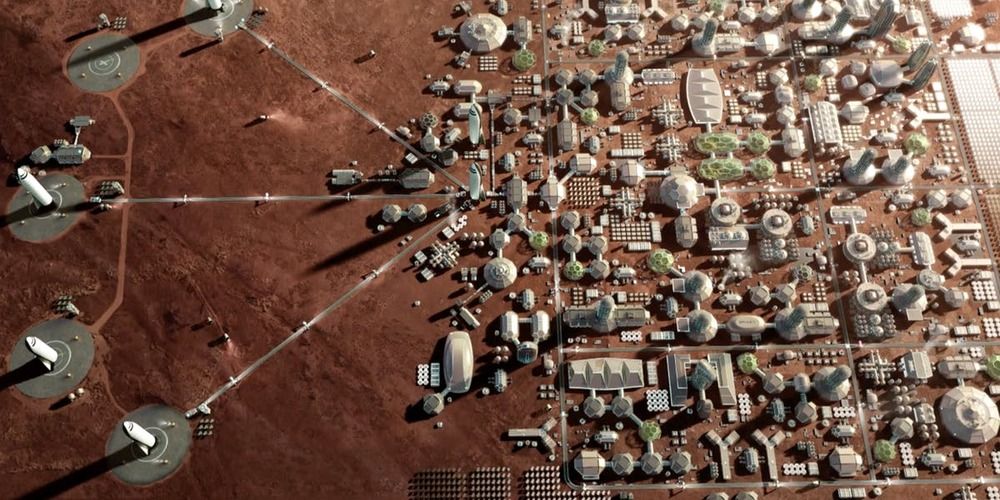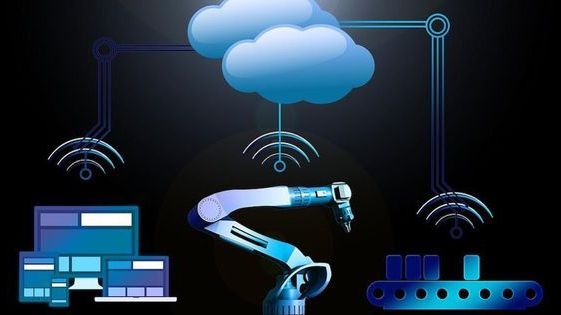Aug 13, 2019
Study: All major Chinese cities capable of generating solar power more cheaply than grid
Posted by Montie Adkins in categories: government, solar power, sustainability
A team of researchers with the KTH Royal Institute of Technology, Mälardalen University and Tsinghua University has found that all of China’s major cities are now in a position to produce electricity from solar power more cheaply than can be had from the grid. In their paper published in the journal Nature Energy, the group describes how they estimated solar energy costs for all the major Chinese cities, and what they found when they compared them to costs associated with the grid.
In recent years, China has put a significant amount of effort into producing and installing solar technology to the extent that they are now the world’s biggest producer of solar cells, and also the world’s biggest installer of solar panels. Last year, installations in the country accounted for half of all installations worldwide. A lot of that growth has been stimulated by government subsidies, but the Chinese government has made it clear that it wants solar to fly on its own—subsidies are slowly being withdrawn. In this new effort, the researchers wanted to know if China was ready to fly on its own, at least in its major cities.
The researchers started by estimating solar energy system prices and electricity production in all of the major Chinese cities. They then compared what they found with prices from the grid. Next, they estimated solar electricity prices at the grid scale, and compared them to electricity generated strictly from coal. The calculations accounted for estimates of the lifetime of solar systems. They report that they found that all 344 of the major cities they studied were currently in a position to generate electricity at lower costs than the grid supply—without subsidies. They also found that 22 percent of those cities could also produce electricity at a lesser cost than possible with coal.

